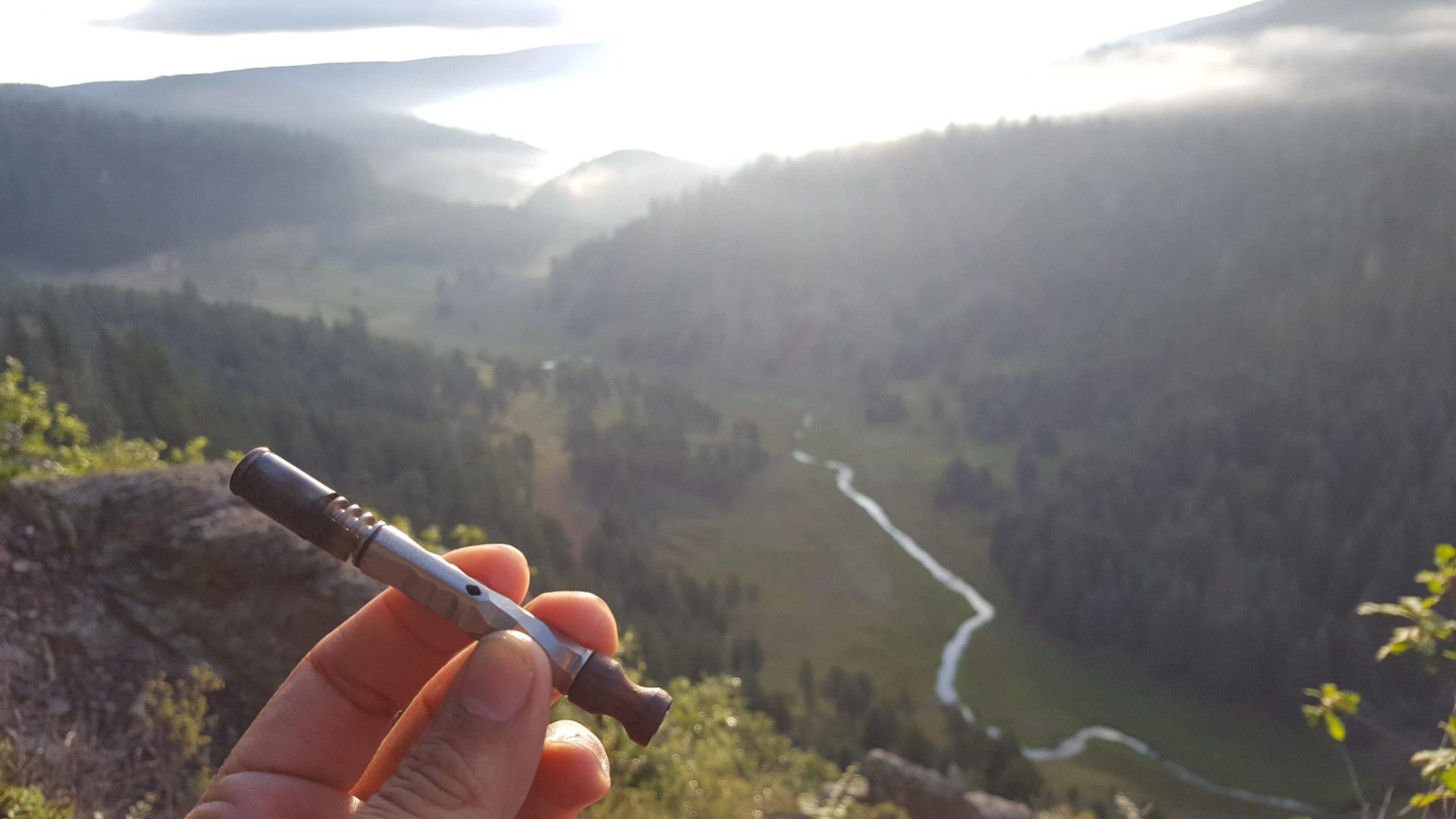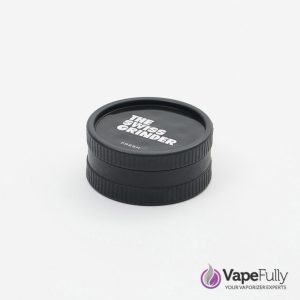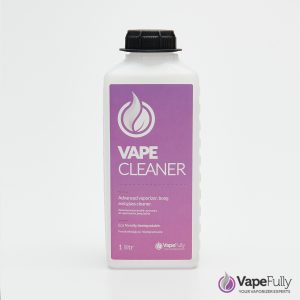Have you ever wondered about the differences between vaporization and traditional techniques of using marijuana, such as smoking? This article will discuss these issues in detail, comparing both methods, including aspects such as effectiveness and health impact. Importantly, the comparison covers not only the vaporization of marijuana but also other herbs.
Note! The following text refers exclusively to legal medical marijuana obtained from pharmacies. None of these tips apply to illegal products, which we discourage.
What will you learn from this article?
👉 What is herb vaporization?
👉 Which is better – vaporization or smoking?
👉 How to find the best method of consuming herbs for yourself?
Table of contents:
- Vaporization – what is it, actually?
- Smoking as a conventional method of consuming marijuana
- Vaporization vs. smoking – what effects can be expected?
- The key issue, health consequences
- Which is more cost-effective?
- Taste and aroma of herbs – comparison of vaporization and smoking
- Impact of vaporization and smoking on the environment
- How to choose the right technique for yourself?
- How to start your vaporization adventure?
- Vaporization vs. traditional methods of consuming marijuana – summary
Vaporization – what is it, actually? 😉
Vaporization is a process where active substances contained in marijuana, such as THC and CBD, are released by heating the herb to the appropriate temperature. This method does not cause combustion, meaning harmful by-products normally released during smoking are not produced. Vaporizers are devices that precisely control the temperature, allowing the user to adjust the experience to their needs.
Smoking as a conventional method of consuming marijuana
Smoking is the most conventional technique of consuming marijuana. It involves burning the herb, which causes the release of active substances that are then inhaled. Smoking has many disadvantages. Burning marijuana leads to the creation of substances that can be harmful to health. In addition, smoking often leads to the loss of some valuable active substances, such as terpenes, due to high temperatures.
Vaporization vs. smoking – what effects can be expected?
Vaporization and smoking marijuana differ in terms of effects. Vaporization provides a more clean effect, which is often preferred by medical marijuana users. It can also offer more complex flavor profiles, thanks to the possibility of temperature regulation.
Smoking, on the other hand, provides a stronger, more direct effect, which may be preferred by some. However, the taste may be less subtle and more ‘smoky’ compared to vaporization.
The key issue, health consequences 🧑⚕️
Vaporization is widely recognized as a less harmful method of consuming marijuana for health. A study published in the Journal of Cannabis Therapeutics found that vaporization could significantly reduce exposure to toxic compounds produced during smoking, such as carbon monoxide and nitrogen oxides [1].
Smoking, in contrast, is associated with greater risk, in terms of developing respiratory diseases. A study published in the British Medical Journal showed that regular smoking of marijuana could lead to an increased risk of developing chronic obstructive pulmonary disease [2].
Which is more cost-effective? 💸
Vaporization may initially be more expensive due to the cost of purchasing the device, but in the long term, it may turn out to be cheaper. Vaporizers are more efficient. In many cases, only 0.1 or 0.2 grams of herb are enough to conduct a full inhalation. This applies to various types of herbs. In the long run, this is a significant saving.
Smoking is usually cheaper to start, but it may lead to higher costs due to lower efficiency and the need for more frequent purchases of the herb. It’s also worth considering the health costs – potential doctor visits or treatments can certainly be very costly, and smoking may have some impact on the condition of the body.
Taste and aroma of herbs – comparison of vaporization and smoking
The taste of marijuana during vaporization is usually more complex and subtle. Users can experience a variety of flavor notes, which may be difficult to detect during smoking.
On the other hand, the taste during smoking is usually stronger and more ‘smoky.’ Some people may prefer this type of experience, although it may be less subtle than vaporization. Nowadays, however, more and more people are giving up smoking, precisely because the sensations during vaporization are much more pleasant. For many people, this form of inhalation is the best way to rediscover the taste and aroma of their favorite herbs anew.
Impact of vaporization and smoking on the environment 🐼
From an ecological point of view, vaporization is more environmentally friendly. Vaporizers use less energy than traditional combustion methods and do not emit harmful substances into the atmosphere. A report published by Cannabis and the Environment emphasizes that vaporization can lead to a reduction in carbon dioxide emissions [3].
Smoking marijuana, on the other hand, is associated with greater emissions of carbon dioxide and other harmful substances. A study published in Environmental Science & Technology showed that smoking marijuana can lead to a significant increase in carbon dioxide emissions [4].
😎 How to choose the right technique for yourself?
Choosing between vaporization and smoking herbs depends on many factors, such as your preferences, health, budget, and lifestyle. Vaporization may be better for people who value health, efficiency, and subtlety of taste. Smoking, on the other hand, may seem better for those who prefer simplicity, direct experience, and do not want to invest a lot of money initially.
However, it should be noted that smoking has a very negative impact on health, so vaporization will always be a better choice. Not without reason, more and more people are giving up smoking.
Lucas Cysewski – CEO and founder of VapeFully
How to start your vaporization adventure?
If you’ve decided on vaporization, here are a few tips that will make it easier for you to start this unique adventure!
✅ Purchase a vaporizer
Choose a vaporizer that best meets your needs. Remember, different vaporizers have different features. There are stationary and portable devices, convection and conduction, session and on-demand. Phew… Luckily, you can find all the information about finding the right vaporizer on our blog!
✅ Selection of herbs
Choosing the right herb is key to good vaporization. Remember, different herbs have different active ingredients, which can have different effects. It’s worth getting to know various herbs, like sage, lemon balm, or chamomile. They have many interesting properties.
✅ Vaporization is not difficult
Learning proper inhalation is another important step. Inhale slowly and calmly to make the most of the vapor. Remember – vaporization is not difficult. Probably after one or two sessions, this form of inhalation will no longer cause you any problems.
✅ Allow yourself to experiment
Experiment with different temperatures and herbs to find what suits you best. Remember, everyone is different, and what works for one person may not work for another. The choice of herbs is incredibly wide, so you can continuously discover entirely new possibilities.
Vaporization vs. traditional methods of consuming marijuana – summary
Vaporizing marijuana is a complex and personal decision. Remember to always be guided by your preferences and health needs. Regardless of which method you choose, always remember responsible consumption.
Bibliography:
1. Gieringer D, St. Laurent J, Goodrich S. Cannabis Vaporizer Combines Efficient Delivery of THC with Effective Suppression of Pyrolytic Compounds. Journal of Cannabis Therapeutics. 2004. https://www.tandfonline.com/doi/abs/10.1300/J175v04n01_02
2. Tashkin DP. Effects of marijuana smoking on the lung. Ann Am Thorac Soc. 2013 https://pubmed.ncbi.nlm.nih.gov/23802821/
3. Van Butsic, Ted Grantham, Jacob C. Brenner, Connor Stephens. Cannabis (Cannabis sativa or C. indica) agriculture and the environment: a systematic, spatially-explicit survey and potential impacts. Environmental Research Letters. 2016 https://www.researchgate.net/publication/301553421_Cannabis_Cannabis_sativa_or_C_indica_agriculture_and_the_environment_A_systematic_spatially-explicit_survey_and_potential_impacts
4. Evan Mills. The carbon footprint of indoor Cannabis production. Energy Policy. 2012. https://www.sciencedirect.com/science/article/abs/pii/S0301421512002285











